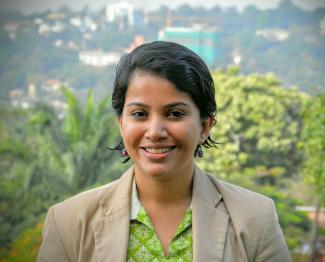Recovery from the COVID-19 shock and the informal labour market in urban Uganda
As COVID-19 cases continue to escalate across developing countries, many governments reimposed harsh lockdown policies, reversing months of gradual economic recovery. In Uganda, public transport and non-essential businesses were suspended for 42 days, echoing a prior shutdown through April-June 2020. These restrictions significantly impacted the informal economy, where workers are especially vulnerable given the lack of formal contracts, employment benefits or protection.
We combine a rich cross-sectional survey of firms and their workers from 2018-19 and phone interviews to study how manufacturing firms in urban Uganda reacted to the COVID-19 lockdown in 2020. Through a follow-up phone survey, we plan to further study: (1) the longer-term impact of COVID-19 related restrictions on manufacturing firms and workers and the speed of recovery; (2) lessons from these multiple aggregate shocks on the functioning of informal urban labour markets.
First, we aim to generate policy-relevant and timely data on the pace of economic recovery once the ongoing restrictions are eased. Second, we hope to make a novel academic contribution by examining micro-foundations of the functioning of urban labour markets from within-firm employment relationships.





